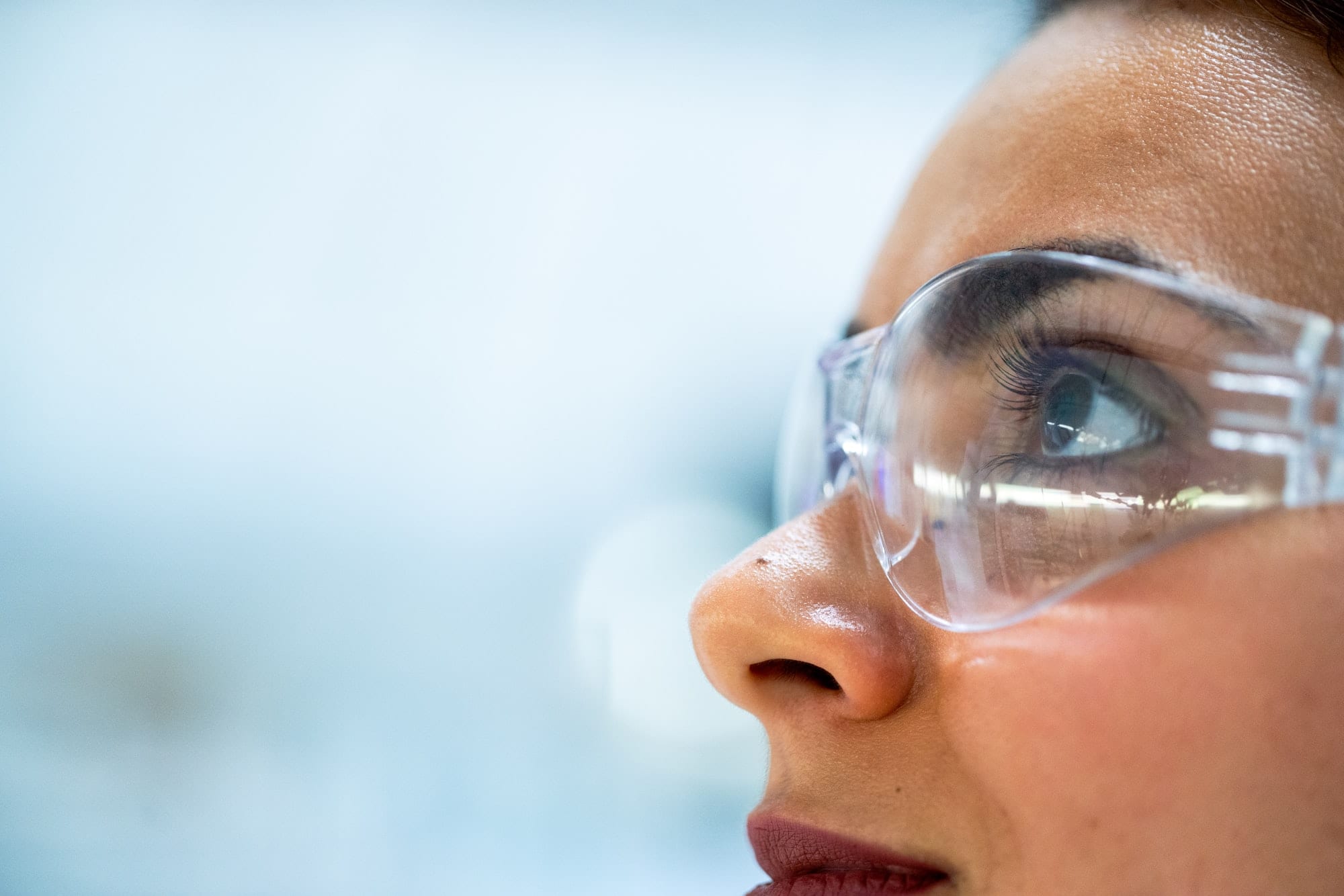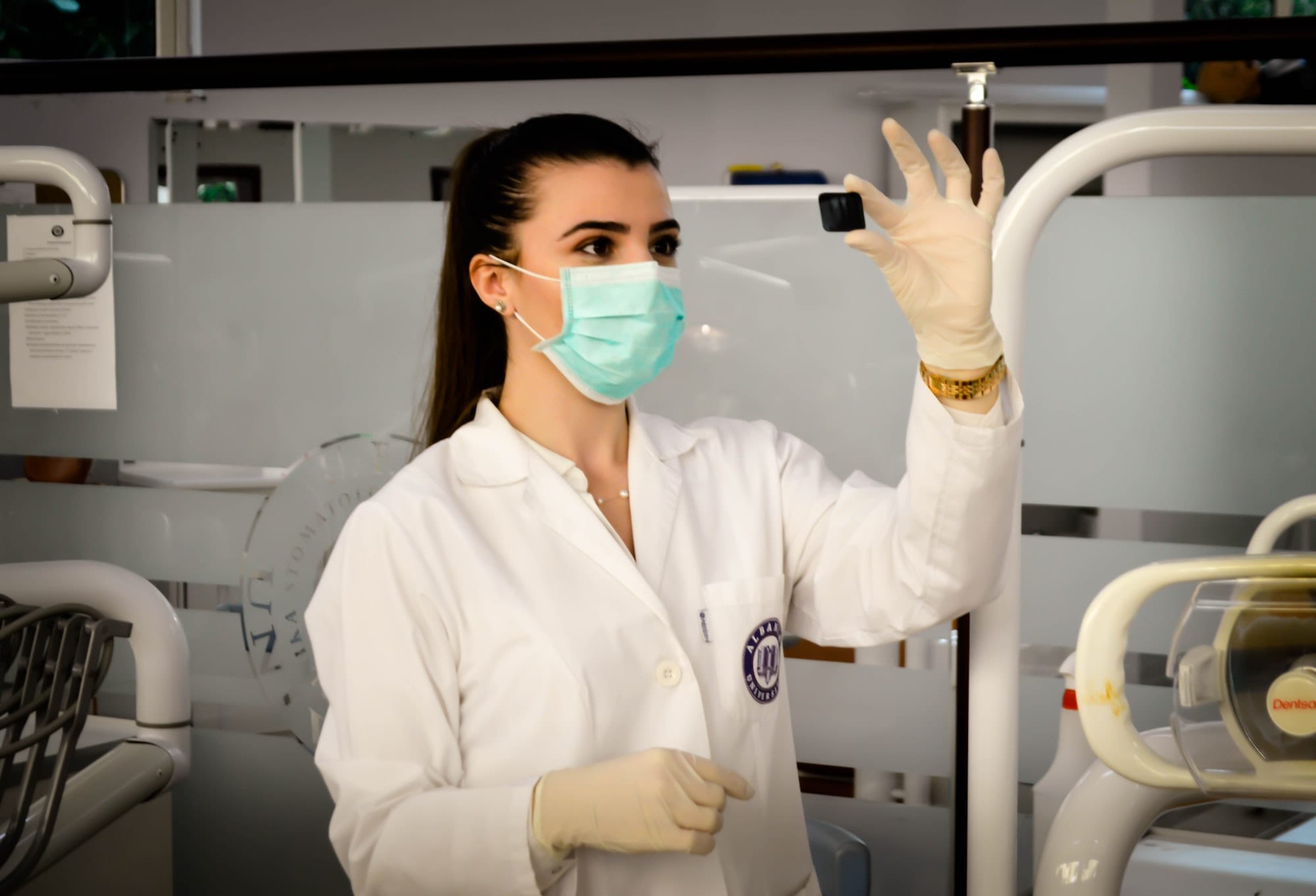There is still a gender health gap in medicine today. Antonella Santuccione wants to change that with the non-profit organization Women's Brain Project. The founder and physician explains: "Our goal is to ensure that both biological and social gender are taken into account in scientific medicine. That's a basic building block so that there's more knowledge about gender differences in practice, too, and more tailored treatments can be given." To study these differences, the doctor plans to open the first Institute for Gender Medicine in Basel. In doing so, she hopes to pave the way toward precision medicine. "This type of medicine recognizes that, from a medical perspective, not everyone is the same. A woman is not a small man - women have a completely different biology. Only when we recognize this fact can we treat female patients with precision."
Of mice and men
For a long time, gender differences were completely ignored in medicine. Between 1977 and 1993, the Food and Drug Administration (FDA) in the USA even completely excluded women from the early development phase of drugs. This decision was due in part to the thalidomide tragedy in the 1960s: In Germany, the sleeping pill thalidomide was administered to pregnant women to combat morning sickness, resulting in severe malformations in newborns. Because of safety concerns and fear of liability cases, medical studies in the 1980s were therefore conducted almost exclusively with men. It was not until the 1990s that researchers realized that gender differences could be important in the diagnosis, progression and treatment of diseases.
Nevertheless, the proportion of women in clinical trials remained quite low after the millennium's turn, particularly in the early stages of drug development. In preclinical studies, it is still the case today that laboratory animals such as mice are in the majority male and the gender of the animals is not mentioned in publications. It wasn't until 2015 that there was a veritable explosion of clinical studies, particularly on neurological and cardiovascular diseases, that systematically took gender into account. Santuccione's Women's Brain Project has also made a contribution. Since its founding in 2016, the organization has sparked a global dialogue on gender-related influencing factors in brain and mental diseases.
Gender Health Gap - Why the Data Gap Has Fatal Consequences
From her many years of practical experience, Santuccione knows how important it is to take gender into account when diagnosing and treating patients. For one thing, she says, there are gender differences in a number of diseases: "Alzheimer's occurs in seventy percent of cases in women, migraine and depression in as many as eighty percent. In men, on the other hand, Parkinson's and ALS are much more common. It's important that we scientifically investigate why this is." For example, previous WBP studies have shown that hormonal changes during menopause are a specific risk factor that increases Alzheimer's risk in women.
On the other hand, the decades-long backlog in data collection in science also means that diseases are diagnosed much later in women. Santuccione says: "Alzheimer's is often diagnosed much later in women because the symptoms are misinterpreted. Women often show symptoms of depression in the early stages of Alzheimer's. I know female patients who were treated with antidepressants for several years before they were diagnosed with Alzheimer's." Further, women often have very good language skills and are therefore better able to hide the cognitive impairments in the early phase of Alzheimer's. Using Alzheimer's as an example, the neuroscientist shows why not only biological sex but also social sex plays a role: "Women are socially involved in a different way than men. Since they often take on care work at home, they have a higher risk of developing dementia or depression because they are more socially isolated."
Algorithms to personalize medicine
Personalized medicine goes hand in hand with the collection and analysis of data - also with the help of algorithms. The physician Angelica Kohlmann founded the company Bloom Diagnostics four years ago. The goal of her start-up is to translate medical data in such a way that inequalities in health care can be reduced. To this end, the company develops various home tests that deliver personalized data evaluations to patients' smartphones.
Bloom Diagnostics has developed, among other things, a test that indicates the amount of stored iron in the body within ten minutes. Another Bloom Diagnostics product provides information about the user's thyroid levels. Kohlmann says, "Many of the issues we address with our tests are primarily female issues. In our population, about a quarter of women suffer from iron deficiency, compared to only one percent of men. Thyroid problems occur in ten percent of people, mostly women."
FemTech goes beyond fertility issues
Kohlmann explains that such findings reveal that the new "FemTech" industry is not limited to fertility and menstruation issues. "I think that when we focus too narrowly on these issues that we miss things. Often, issues around these topics are linked to various health issues. For example, iron problems can be a reason why women can't get pregnant."
The frequency of specific diseases is not the only reason why Bloom Diagnostics' tests are used primarily by women, she says. The founder explains: "Women are already confronted with medical issues at a much younger age in our healthcare system. For example, young women already go to the gynecologist regularly and receive medical consultations there. Therefore, they take care of their health earlier and measure their blood values regularly, for example."
Artificial intelligence instead of doctors
For this reason, Bloom Diagnostics specializes in home tests that users perform regularly. Kohlmann says, "On the one hand, we can save women some visits to the doctor. This reduces the strain on our healthcare system and saves money. On the other hand, I see it as an opportunity to improve healthcare for women in all corners of the world." In the global south in particular, women often have less access to healthcare than men.
FemTech, according to Kohlmann, means developing medicine for everyone. This means that, in addition to providing access to drugs, medical data is not only collected anonymously, but also analyzed. Tests that deliver results on the basis of artificial intelligence are a great opportunity to make medical results more precise. On the other hand, the indirect findings from the tests are also of great importance: "The algorithm can recognize patterns through the numerous evaluations. This, in turn, will allow us to develop better and more personalized treatments and drugs in the future."
Both Kohlmann and Santuccione agree that the future of medicine lies in digitalization. Instead of doctors, algorithms based on artificial intelligence would increasingly make diagnoses. These would recognize that there are profound differences between men and women. "We already know that algorithms such as those from the startup Altoida can immediately tell whether a brain is blue or pink," Santuccione said. Ultimately, this could be an important step in ensuring that patients receive faster and better treatment in the future.



.jpg-.jpg)





